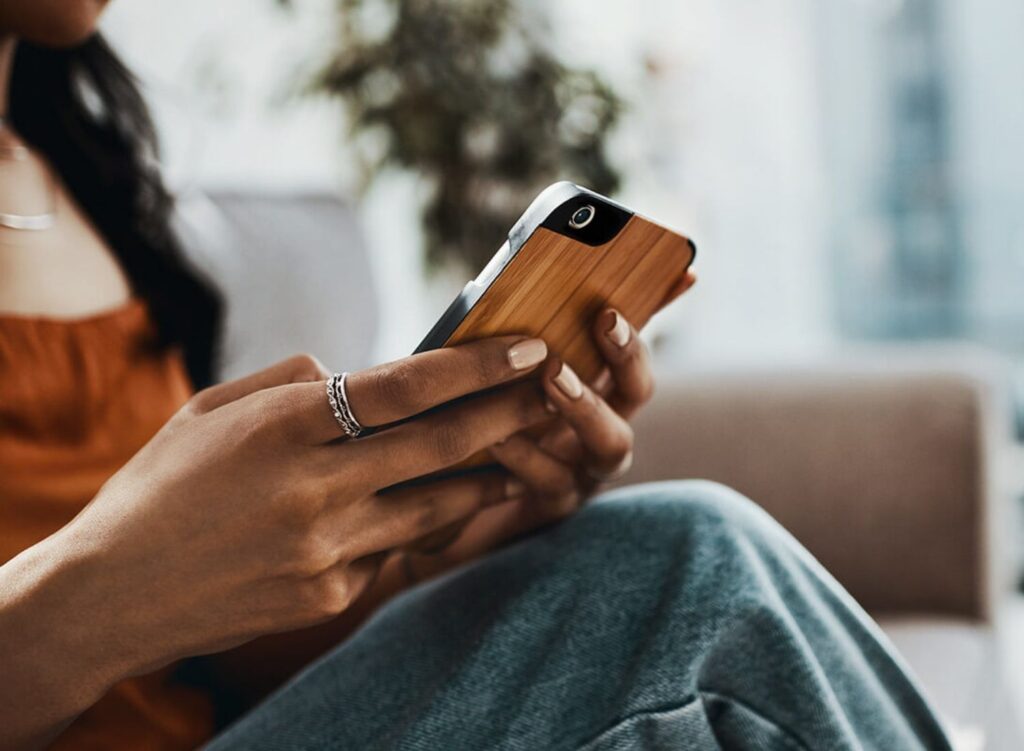Like many other students across the world, I had a pretty difficult time dealing with the increased screen time and added pressure besides finishing my Bachelor’s exams and starting a Master’s program online, all the while making sure my mental, physical and social health was intact. My favorite pastime in the last year was to google “How to reduce your screen time,” a practice that turned out to be useless, as the tips were impractical and just added to my stress and screen usage.
It’s been a whole year since our country went under lockdown, and if there is something that has seen a consistent rise, it’s the screen time. Of course, all of us have had our fair share of Dalgona coffee and banana bread moments, but our screen time usage is what stood out the most.
In a study conducted by Bakhir et al. on the impact of COVID-19 on the adult population’s ocular health, the average screen time amongst a group of 407 participants was pretty high, around 8.65 hours per day. With colleges and schools shifting to the online mode to keep afloat an already crumbling education system and work from home becoming the new normal, it’s of little surprise that our screen time has drastically increased over the past year.
The following tips to reduce your screen time have been tried and tested (AND WORKED!) by me. They are practical, do not beat around the bush, and most importantly, have had results on people. These are mostly applicable to the student community but can be modified to suit the exhaustive work from the home people.
Tips To Reduce Your Screen Time
1. You Do Not Need Your Phone To De-stress.

Finish all the classes for the day, watch Netflix, check Instagram, study, relax by watching random YouTube videos, eat, sleep. This pretty much summed up my online class schedule throughout the last summer. The phone was my escape route from classes, except it wasn’t. I was stuck in the everlasting loop of moving from one device to the other.
While behavior change comes in different forms, a physical behavior change was what helped me. I was determined to keep the phone away from the dining table and after classes. Entrust someone living with you to help you with this. In my case, my mom was the person. She refused to let me use the phone during meals and gave the phone to me only when necessary. While this might seem childish initially, physical enforcement does have its perks and high success rates.
2. Written Material > Digital Material

One of the things I struggled initially with while attending online classes was the high dependency on e-books and ppts for studying. Switching over to printed material and writing out my notes on an actual piece of paper rather than typing it out was a life-changing decision. And for those of you who are worried about the amount of trash you will be generating, worry not. Printing on the paper’s both sides and recycling is always an option. My eyes will forever remain grateful for this timely intervention. These tips will surely help reduce your screen time.
3. Use Technology To Combat Technology

Sounds philosophical, but using the right tech to reduce your screen time does wonder. A personal favorite, the Forest app is one of the most successful apps to increase productivity and reduce your screen time. Set a timer for up to two hours or less, and the app automatically locks your phone. For every successful 2 hours (in which you haven’t used your phone), a tree is planted. Failure to complete the set time means that your plant withers.
The app also has features where your friends and peers can monitor each other’s growth. While the app by itself didn’t do much for me (I wasn’t much bothered by the trees dying!), it paired up the app with the first step of practicing physical behavior change that became the game-changer.
4. Channel The Power Of The Digital Detox.

My biggest issue with digital detox practice was FOMO (For all you boomers and millennials, it stands for “Fear of missing out”). I was worried that I might miss some important event or gossip happening in the life of a random friend I haven’t met in 5 years. And honestly, the thought was worrisome. During the digital detox (paired, of course, with the first step), I took the time to talk to my friends, family and create meaningful relationships. I soon realized that if someone did find you to be an important aspect of their life, any news would have reached you, even in the absence of a social media presence.
5. Invest In A Good Device And An Anti-glare, Blue Light Protector.

And finally, for those of you who don’t have the luxury to reduce your screen time, invest in a bigger screen and proper anti-glare, blue light screen guards. A bigger screen ensures that you don’t have to squint your eyes while looking at wordings, thereby lessening the burden on your eyes. Blue light from screens is known to interfere with your normal circadian rhythm and sleep cycles. Now, we wouldn’t want that.
Conclusion
With the pandemic-related lockdowns extending to keep up with the increasing number of COVID-19 cases, the mental health of many people across the world has been jeopardized. The internet and social media are an easy escape route many of us chose to restore some normalcy to our lives. However, this can open up a bigger can of worms and lead to anxiety, depression, insomnia, and much more. We definitely need to do more to tackle these issues and reduce your screen time.







